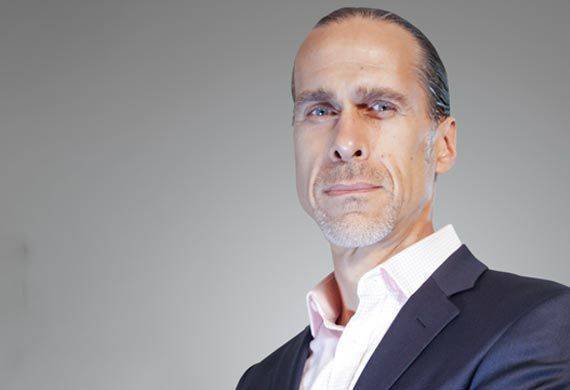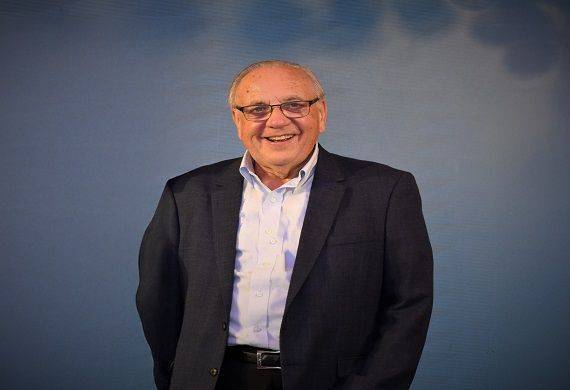OpenAI Co-founder: It’s Not Too Late to Launch AI Startups Despite Competition
By Global Leaders Insights Team | Aug 19, 2025
.jpg)
Artificial intelligence is advancing at an astonishing rate, with many companies, including big tech and startups, leading the way. While the competition is already fierce, many aspiring founders may feel as if the AI startup race is already won. But Greg Brockman, co-founder and president of OpenAI, believes there is still plenty of room for new players to carve out a meaningful niche.
Brockman, who appeared on the Latent Space podcast over the weekend, urged aspiring entrepreneurs not to abandon their AI ambitions.Instead, he suggested that the AI-driven economy is vast and still expanding, leaving plenty of room for new ideas and innovation to thrive via cutting-edge technology.
Key Highlights
- OpenAI co-founder Greg Brockman encourages AI entrepreneurship, urging domain-focused founders to leverage vast economic opportunities.
- Brockman warns against building mere AI wrappers; real value lies in deeply embedding LLMs into niche industries.
"Sometimes it may appear that all ideas have been taken, but the economy is so large," Brockman explained. "It is worthwhile and critical for people to consider how we can make the best use of these incredible intelligences that we have created."
According to Brockman, the real opportunity right now is to connect large language models (LLMs) with practical domains where they can have a meaningful impact. For example, he suggests that before AI can deliver true transformation in healthcare, innovators must first navigate the complexities of stakeholders, regulations, and integration with existing systems. "There is so much fruit that has not yet been picked," Brockman added. "So go ahead and ride the GPT river."
While encouraging founders to experiment with new ideas and leverage the power of LLMs, Brockman also cautioned them against succumbing to the industry's dismissive term "wrappers". This term refers to thin applications that simply sit on top of someone else's AI models, without providing true expertise or long-term value. "It's really about understanding a domain and building up expertise and relationships," he added. According to Brockman, to gain a competitive advantage in the AI space, one must solve problems that are important to customers and industries.
On the same podcast, Brockman discussed the long-term trajectory of AI, painting a picture of a future transformed by abundance. "I hope it'll be a world of incredible abundance, and I believe at that point we should be multi-planetary, and almost any sci-fi dream you can think of," he said.
He argued that access to computing will be one of the most important resources of the future. "There is one resource that is very clearly going to be in very hot demand, which is compute," he stated. "This is already the case: researchers with the most compute access can take on larger projects and accomplish more."
Also Read: Meta Appoints Ex-OpenAI Scientist to Lead AI Superintelligence Lab
He went on to argue that if one can "just talk to a computer and it'll produce anything you want — any physical good or material item — and it can be manufactured instantly, essentially for free, then what does money even mean?"
Brockman observed that in a future in which AI can produce both digital and physical goods on demand, traditional wealth may become obsolete, and computing power may emerge as the new global currency.


